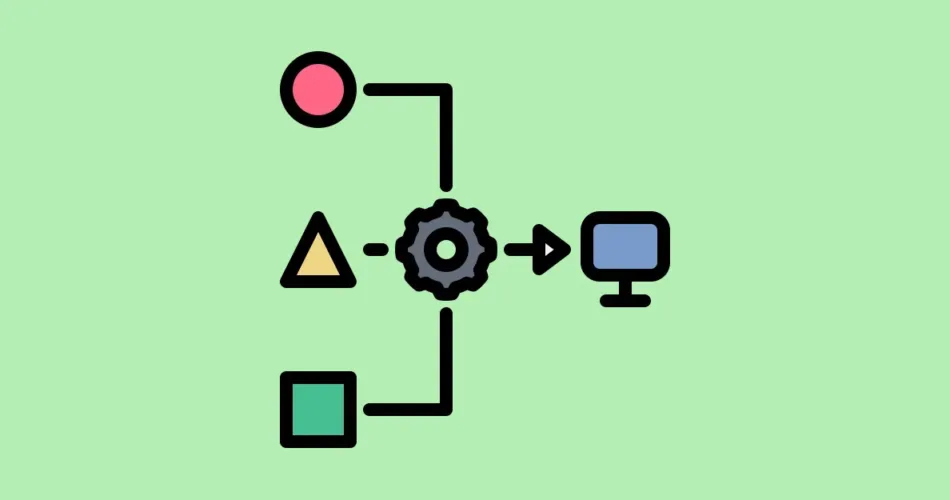As a C++ developer, you’re accustomed to crafting intricate algorithms, designing elegant classes, and creating innovative solutions. But have you ever stopped to ponder the fascinating journey your code takes before it transforms into a functional executable? Welcome to the realm of the compilation process in C++, a behind-the-scenes dance that converts your human-readable code into a form the machine can understand and execute.
The Compilation Dance Begins
At its core, the compilation process is like an orchestra, where each section plays a crucial role in creating harmonious software. Let’s take a step-by-step look at how your C++ code transforms into a program that can be executed:
- Preprocessing: While we won’t delve into preprocessor directives, this phase involves handling includes, macro expansions, and conditional compilations. It’s like setting the stage for the main performance.
- Lexical Analysis: Here, your code is divided into tokens, such as keywords, identifiers, and constants. Think of it as parsing each musical note to create a rhythm.
- Syntax Analysis (Parsing): Now, the compiler ensures your code adheres to C++ grammar rules. Just as musicians follow a musical score, your code must adhere to a syntactic melody.
- Semantic Analysis: This is where the compiler validates the meaning behind your code. It checks for variable declarations, type compatibility, and function calls, ensuring everything harmonizes as intended.
- Intermediate Code Generation: Like composing a musical score, the compiler generates intermediate code that represents your program in a lower-level language.
Optimizing for Performance
Much like tuning instruments to create a perfect melody, the compilation process offers optimization to fine-tune your code’s performance. Through various optimization techniques, the compiler analyzes your code to make it run faster and use memory efficiently. While we won’t delve into specific optimization strategies here, keep in mind that the compiler can perform miracles to enhance your code’s execution speed.
The Linking Finale
As your code dances through the compilation process, it becomes an ensemble of translated instructions ready to perform. But the journey isn’t complete yet. The final act involves linking, where various object files and libraries are combined to create a cohesive whole. This is akin to assembling various instruments and sections of an orchestra to create a symphony.
Embracing the Compilation Process
Understanding the compilation process grants you insights into how your code takes shape and evolves. It also equips you with the knowledge to write code that’s not only elegant but also optimized for performance. While modern build systems like CMake and Make orchestrate the entire process seamlessly, a developer who comprehends the compilation intricacies gains a deeper connection with their code.
Let’s conclude our exploration of the compilation process, an intricate ballet of syntax, semantics, and optimization. Just as a composer creates a masterpiece through a meticulous arrangement of musical notes, a C++ developer crafts software by orchestrating code through the compilation process. As you continue your journey in the world of programming, remember that understanding the magic behind compilation empowers you to create code that sings and performs in perfect harmony.
Subscribe to our email newsletter to get the latest posts delivered right to your email.


Comments